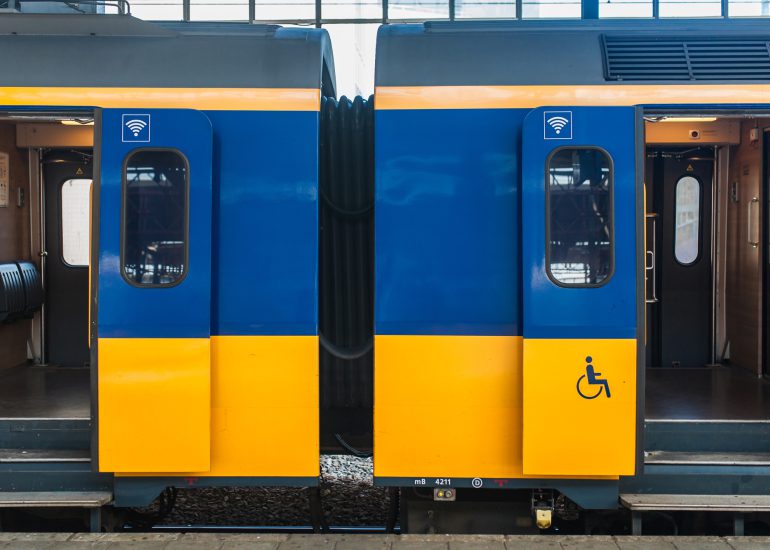Following intense and prolonged talks, the intended rail strike actions on 13 and 15 September were cancelled, after an agreement was reached between NS and the three trade unions FNV, CNV and VVMC. The agreement has the potential to conclude a summer of antagonism and industrial action that has caused chaos across the Dutch travel sector.
The unions organised strikes from 26-31 August which effectively caused the Dutch railway system to close down. Utrecht Centraal, the nexus of the Dutch rail network, which usually bustles with the hyperactive frenzy only commuting can create, was left to resemble a post-apocalyptic film.
Industrial action has been a permanent feature of European politics this summer, as rising inflation and the cost of living driven by staggering increases in energy costs have created social unrest across the continent. The UK for example is experiencing unrelenting strike actions across all areas of public life, from rail to healthcare to the judiciary. As Europe continues its re-entry into a post-Covid normality, it is clear that people have decided a reconfiguration of working realities is palpably needed.
Social disquiet has been slowly simmering throughout Dutch society for the last year. The violent eruption against Covid lockdown rules resulted in the worst rioting the Netherlands saw in 40 years, described by Rotterdam’s mayor as an ‘orgy of violence’. However, more measured and rational protests have been happening across Dutch public life. The Netherlands, like many European countries, is facing a series of interlocking crises that is causing deep societal resentment. It can be seen in last winter’s protests against the continuing housing crisis that plagues Dutch cities, the discontent over inflation reaching a record 12% and most notably the farmer’s protests, which have exposed the fissures between rural conservatism and the urban greenism of cities like Amsterdam.
The rail strikes are part of this wider social dislocation, with workers, especially those considered essential during lockdowns, seeking significant improvements in conditions. The agreement reached between NS and the union offers significant changes to the pay and conditions of NS staff. The settlement – yet to be approved by union members – is wide-ranging but centres on a substantial pay increase. There will be a 5% pay increase backdated to July, or a minimum of €184. This will then increase by another 3.45% in January, creating an effective 9.2% pay rise. The union also secured a €1,000 one-time bonus for 2022 and 2023 for every worker. Records show that as of 2020, NS had roughly 38,000 staff members, which means bonus payouts well in excess of 70 million euros. NS revenues have exceeded 6 billion euros in the last three years.
The proposed agreement also includes higher pension contributions, as required for every worker by Dutch law, and increased guarantees surrounding temporary leave. These provisions represent a considerable improvement on current working standards for NS staff, especially when considering that other collective labour agreements have yielded an average 3.2% pay increase for approximately 2.5 million workers in various sectors.
Whether these proposals bring an end to the strikes is yet to be decided. The unions will present the proposals to their members within the next weeks, who will then vote on whether to accept it or reject and send their representatives back to the negotiating table to hash out a new settlement. Union leaders appear confident that their members will vote in favour of the proposals and bring an end to the strikes. Jerry Piqué, representing CNV, praised the negotiation results: ‘We are very pleased with the results we have achieved. We have reached an agreement on good wage developments, but there is also enough attention for other important matters.’
Wim Eilert of VVMC was more cautious, stating that ‘we have achieved some great results, but it is up to the members whether they think this is enough. But if the members don’t agree, we’ll just keep going.’ So, it remains to be seen whether we can all travel in peace this autumn.
Written by James Turrell
